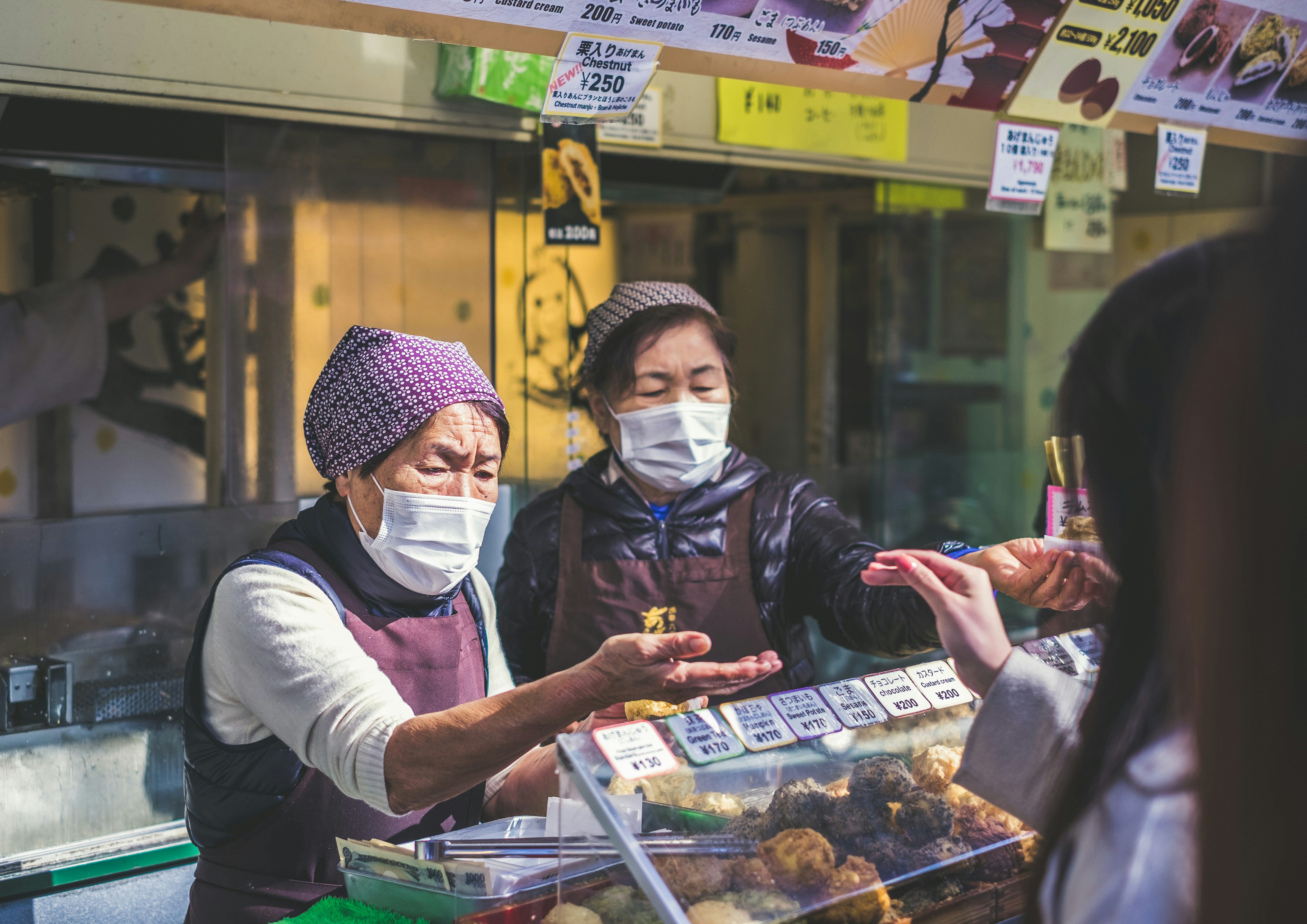Japanese elderly women voluntarily in jail
Japanese women struggling with loneliness and financial issues commit petite crimes to go to prison, where they find community life, regular meals, healthcare, and elderly care.

Tochigi Women’s Prison as a way out
Taking medications under supervision and being helped with basic daily activities like eating or bathing. What might sound like a nursing home is really Tochigi Women’s Prison located in Tokyo. There, elderly women looking for companionship and financial stability form a community.
How does life in the biggest women’s prison look like? The inmates are provided with basic necessities, like regular meals, medical attention, and warmth. The most basic aspects of their daily lives are addressed, ensuring that some level of care and stability is maintained throughout their incarceration. But they are not left without responsibilities. They have work duty, meaning they must help in the jail factories and workshops.
One of the prisoners is 81-year-old Akiyo, who spoke for CNN under a pseudonym. She describes her stay in prison rather positively, saying it brings her stability and companionship of good people.
Akiyo hadn’t lived alone before she was imprisoned. She had shared a home with her 43-year-old son. Before breaking the law, she had been told “I wish you’d just go away” from him multiple times. As a consequence, she stopped caring about what would happen to her life. Out of desperation, she shoplifted, and ended up behind bars.
But it's not only loneliness that troubles Japanese elderly women. What contributes to the problem is the Japanese social system, and aging society. Many retired Japanese struggle to live on pensions, often finding it difficult to cover even the most basic living expenses. Statistics say more than 620 thousand people over 65 don’t receive any at all. So, they turn to violating the law as a way out of financial issues.
Theft is the most common crime that takes the elderly to Tochigi prison. Some end up there on purpose, while others steal to survive. Literally. Hungry and cold women find refuge in the jail because they know that if they get ill, they get free medical treatment, for which they would normally have to pay.
However, the situation seems to worsen with time. From 2003 to 2022, the number of prisoners aged 65 and more grew fourfold. In 2022, 80% of them were jailed for theft.
The prison safeguards worry about the inmates’ future. Once their sentence is over, the major challenge for them is re-entering society. Some have no one to take care of them, while others are completely abandoned by their families.
For this reason, it is not unusual for them to repeat the offenses and prolong their stay in jail. This is also the case with Akiyo. She was first imprisoned in her 60s, after stealing food.
Authorities acknowledged this problem and try to enforce support to vulnerable elderly by guiding females for independent living, and housing benefits to people living alone. However, this might not be enough in a rapidly aging society.
Japanese hikikomori
Loneliness is not just connected to the elderly, and is, in fact, quite common among the Japanese population. Despite the fact that Japan is ranked in the lead positions of the healthiest and most advanced countries in the world, it’s been known for its unfavorable phenomenon associated with social isolation called “hikikomori”.
Though found in other countries as well, the term originated in Japan and stands for extreme societal withdrawal. The hikikomori (literally translated as pulling inward, being confined) describes people who isolate themselves from society for at least six months, only leaving their homes when necessary (e.g., to buy essentials).
In a survey conducted by Japan’s Cabinet Office, 1.5 million Japanese lived as hikikomori in 2023. Results from 2016 estimated 514,000 hikikomori between the ages of 15 and 39 and 613,000 aged 40 to 64 in 2019. Although the government warns against comparing the results due to the different factors that were considered in each survey, experts claim that the increase has to do with the COVID-19 pandemic, which reinforced feelings of loneliness and aggravated mental health.
But Japanese hikikomori opens the door to a set of harmful habits. This is because, as research confirms, people are prone to addictions when lonely. These may include smoking, drug use, playing casino games, or drinking alcohol.
Among the countries that face a similar problem is South Korea. There, thousands of dead people are found days after passing. As their name godoksa, or lonely deaths, implies, these cases concern people who die alone, with no relatives or friends aware of it. In 2024, Seoul set aside 451.3 billion won to prevent these. It announced a special plan to invest in social activities in the city, foster community life, and create opportunities for people to reconnect.
(Disclaimer: Devdiscourse's journalists were not involved in the production of this article. The facts and opinions appearing in the article do not reflect the views of Devdiscourse and Devdiscourse does not claim any responsibility for the same.)










